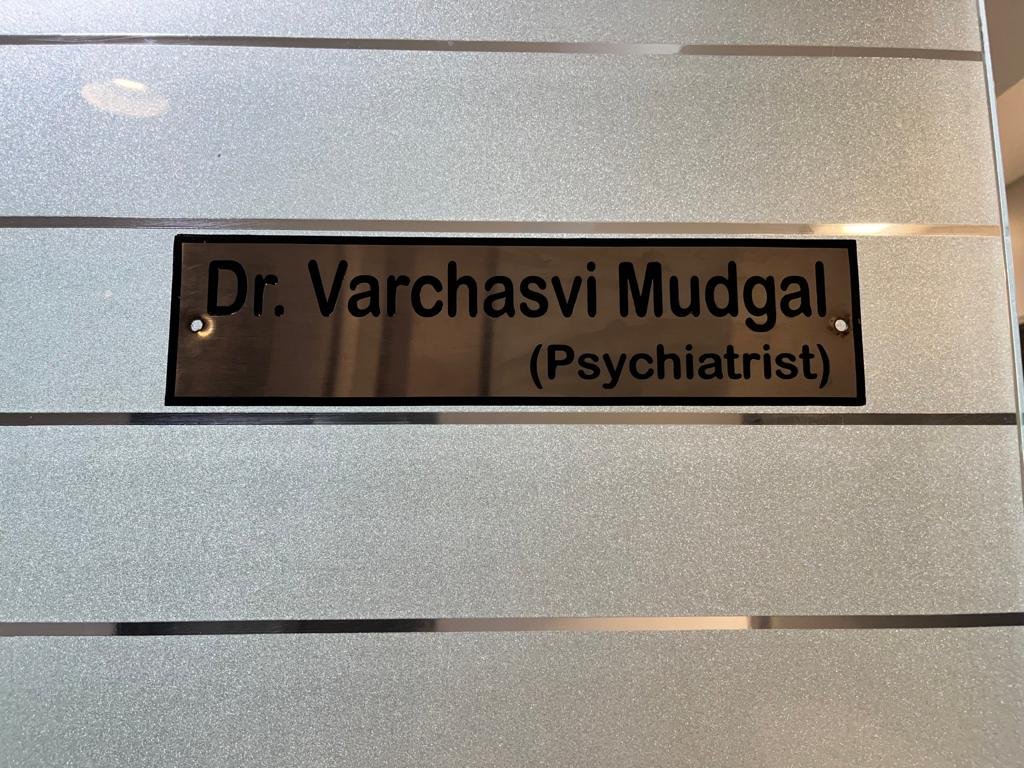If you or a loved one have been experiencing extreme mood shifts that go beyond typical emotional ups and downs, you might be dealing with a condition called Bipolar Disorder. I’m Dr. Varchasvi Mudgal, a Psychiatrist in Indore with over 7 years of experience in diagnosing and treating various mental health conditions. Today, I want to talk about Bipolar Disorder Treatment in Indore, and help you understand this condition in simple, practical terms.
What Is Bipolar Disorder?
Bipolar disorder is a mental health condition that causes significant shifts in mood, energy, behavior, and ability to function. These shifts range from emotional highs (mania or hypomania) to depressive lows. This disorder can affect your work, relationships, and daily life—if left untreated.
Many patients often dismiss these episodes as just mood swings, but when these highs and lows become intense and disruptive, it may be a sign you need medical help.
Types of Bipolar Disorder
There are different forms of bipolar disorder, and recognizing the type helps us tailor the most effective treatment:
-
Bipolar I Disorder: Includes at least one manic episode, possibly followed by a depressive episode.
-
Bipolar II Disorder: Includes a pattern of depressive and hypomanic episodes (milder than full mania).
-
Cyclothymia: A milder version involving frequent mood swings between mild depression and hypomania for two years or more.
-
Other Specified or Unspecified Bipolar Disorders: Includes symptoms that don’t fully meet the above criteria but still disrupt life significantly.
Symptoms of Bipolar Disorder
Recognizing symptoms early is crucial. Here’s how manic and depressive phases usually appear:
Manic or Hypomanic Episode:
-
Elevated or unusually irritable mood
-
Excessive energy or activity
-
Decreased need for sleep
-
Racing thoughts or fast speech
-
Impulsivity or risky behavior
Depressive Episode:
-
Persistent sadness or hopelessness
-
Fatigue and low energy
-
Sleep disturbances (too much or too little)
-
Loss of interest in daily activities
-
Difficulty concentrating
-
Suicidal thoughts or behavior
In some cases, people experience mixed features, where symptoms of depression and mania occur simultaneously.
What Causes Bipolar Disorder?
There is no single cause of bipolar disorder. It is a complex interplay of:
-
Genetic factors – Family history increases risk.
-
Brain structure and chemistry – Imbalances in neurotransmitters play a role.
-
Life stressors and trauma – Emotional stress, major life changes, or abuse can trigger episodes.
-
Substance use – Drugs, alcohol, or sleeping pills may worsen symptoms.
At my clinic in Snehnagar, Indore, we follow a personalized and holistic approach to assess these triggers and create effective treatment plans.
How We Diagnose Bipolar Disorder
Diagnosing bipolar disorder is a detailed process and cannot be based on a single visit. It involves:
-
Comprehensive psychiatric evaluation
-
Medical history and family history
-
Mood tracking over time
-
Ruling out thyroid problems, neurological issues, or medication effects
Family involvement during diagnosis helps build support systems and improves long-term outcomes.
Bipolar Disorder Treatment in Indore
As a Psychiatrist in Indore, I offer a full spectrum of care for bipolar disorder treatment at First Choice Multispeciality Clinic, Snehnagar. Here’s how we help:
1. Medications
Depending on your current mood phase, we may use:
-
Mood stabilizers
-
Antidepressants (with caution)
-
Antipsychotics for manic or mixed states
We constantly monitor medication response to minimize side effects and ensure stability.
2. Psychotherapy
In combination with medicines, I personally offer:
-
Cognitive Behavioral Therapy (CBT) – Helps restructure harmful thought patterns.
-
Dialectical Behavior Therapy (DBT) – Improves emotional regulation.
-
Mindfulness-Based Cognitive Therapy (MBCT) – Prevents relapse of depressive episodes.
-
EMDR Therapy – For patients with a trauma component.
3. Lifestyle & Routine
We emphasize:
-
Sleep hygiene
-
Healthy routines
-
Substance avoidance (alcohol, cannabis, opioids, etc.)
-
Regular physical activity and dietary advice
4. Family Support and Education
Educating family members about bipolar disorder improves patient care and reduces relapse rates.

